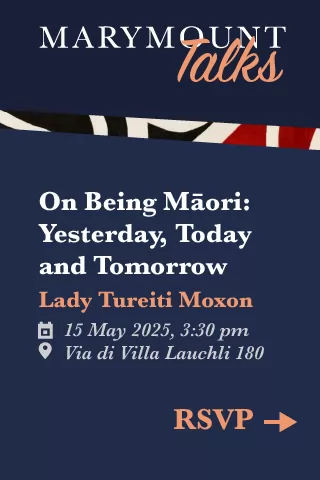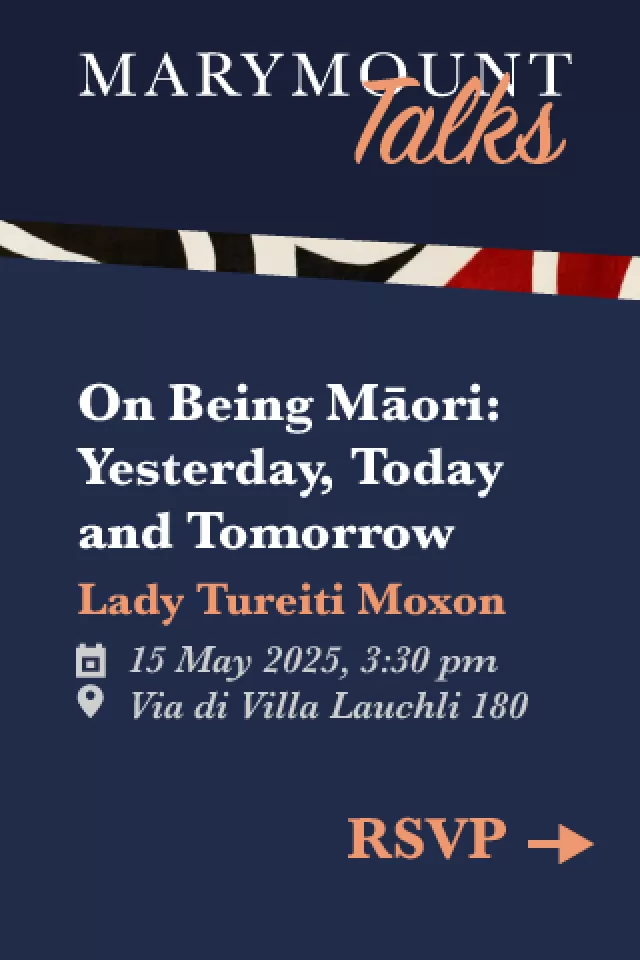Liberation of Rome, 60 years on
Next week Rome celebrates the 60th anniversary of the citys liberation from German occupation. The 4 June celebration should have been for everyone, but instead the past has become entangled with two very contemporary election campaigns on either side of the Atlantic.
The history is straightforward enough. On the morning of 4 June 1944, American troops moved into Rome along Via Casilina and Via Appia as the Germans were withdrawing along Via Cassia. "It was the happiest day of my life," says Guido Palma, who was eight years old at the time, and remembers the events vividly. "As the Germans started pulling out on 2 June, it was the end of a nine-month nightmare for the city." For anyone who was there, it was a defining moment. The Allies brought food, which was welcome as everyone had been going hungry for the whole of the war. Slowly normality return to Rome but the greatest relief was security, the possibility for Jews and anti-fascists to come out of hiding and for all to be able to talk and think freely.
The shadow of the Gestapo spread way beyond their headquarters in Via Tasso; the last killings had taken place at La Storta just north of Rome, where the retreating Germans killed prisoners. Only two months earlier, 335 Romans had been murdered in the Ardeatine caves and the previous autumn, more than 1,000 Jews had been deported in a single operation. Rome had been an "open city" for the lack of bombs but fear had made it very closed indeed.
Civilians and partisans had been waiting for this moment for months and with rising excitement. "29 May. More explosions. No water in the city. 30 May. Guns still pound even more so than before. 31 May. This tense expectation is really trying. Will the Allies ever come?" wrote one diarist.
On the other side of the lines there were other sorts of battles waging. The commander of the American Fifth Army, General Mark Clark, wanted to make sure that it was his troops and not the British Eighth Army which liberated Rome, and that they should do it before the D-Day landings in Normandy scheduled for early June. Clark wanted his time on the front pages before the Normandy landings took over. Peter Tompkins, an American intelligence agent who was in occupied Rome from January 1944 until liberation, is scathing. "He was obsessed with the idea of reaching Rome." Instead of splitting the two German army units he was facing, he allowed the German commander in chief, Kesselring, to save both and to defend the Gothic line later that year. "Clark declared that if the British tried to reach Rome first, he would have ordered his Fifth Army to open fire on them."
Among the soldiers, the atmosphere was different. "We got on well with the Americans on Anzio beach," says Harry Shindler an English infantryman who came into Rome a few days after liberation. And liberation it was: "Everywhere we went we were welcomed," says Shindler, "even if they only had half a loaf, they would share it with us."
Next week he and other members of the Italy Star Association will lay a wreath at the tomb of the unknown soldier at the Complesso del Vittoriano in Piazza Venezia. Shindler has also been campaigning for a more visible monument to the liberation. At the moment, there is a tiny, hard-to-find plaque in Piazza Venezia. With luck, the new memorial will also be unveiled next week.
There will be three contingents of American veterans taking part, including some who were among the first into Rome. United States president George Bush has confirmed that he will be present at the D-Day celebrations in France on 6 June, but his proposed Italian visit, possibly on 4 June but not certain, was enough for Romes mayor Walter Veltroni to postpone the main city events to Sunday 6 June. For both security and political reasons Bushs movements on the day will not be known until the last minute.
Taking part in a celebration of an event where the United States was so obviously the good guy should have been a risk-free exercise for Bush. No doubt he and his advisors thought at some stage in the recent past that they could draw parallels between the liberation of Rome and the "liberation" of Iraq. Today there are many who make the comparison, but to Bushs disadvantage.
Here in Italy, the political opposition has its own decision to take. On the far left there are on-line chat rooms full of anti-Bush rhetoric and some of the parties on the left have said they will be demonstrating against Bush if he comes to Rome. Most of the members of the Ulivo alliance have said they will take part in any institutional celebrations they are invited to. "4 June belongs to the whole nation," said Francesco Rutelli, leader of the Margherita. Pietro Fassino, secretary of the Democratici di Sinistra, says that "Bushs visit does not change our position on the war in Iraq but we must not forget the value of a celebration that commemorates the United States role in winning back freedom and democracy."
The dilemmas of Bushs visit were well expressed by Rosario Bentivegna, a partisan leader in occupied Rome 60 years ago, one who was preparing for an arms drop from the Allies on the day of liberation. "I love America and its values but not president Bush. I would not demonstrate against him but would not participate in celebrations with him."


















